Echo - AI-powered Support Tool
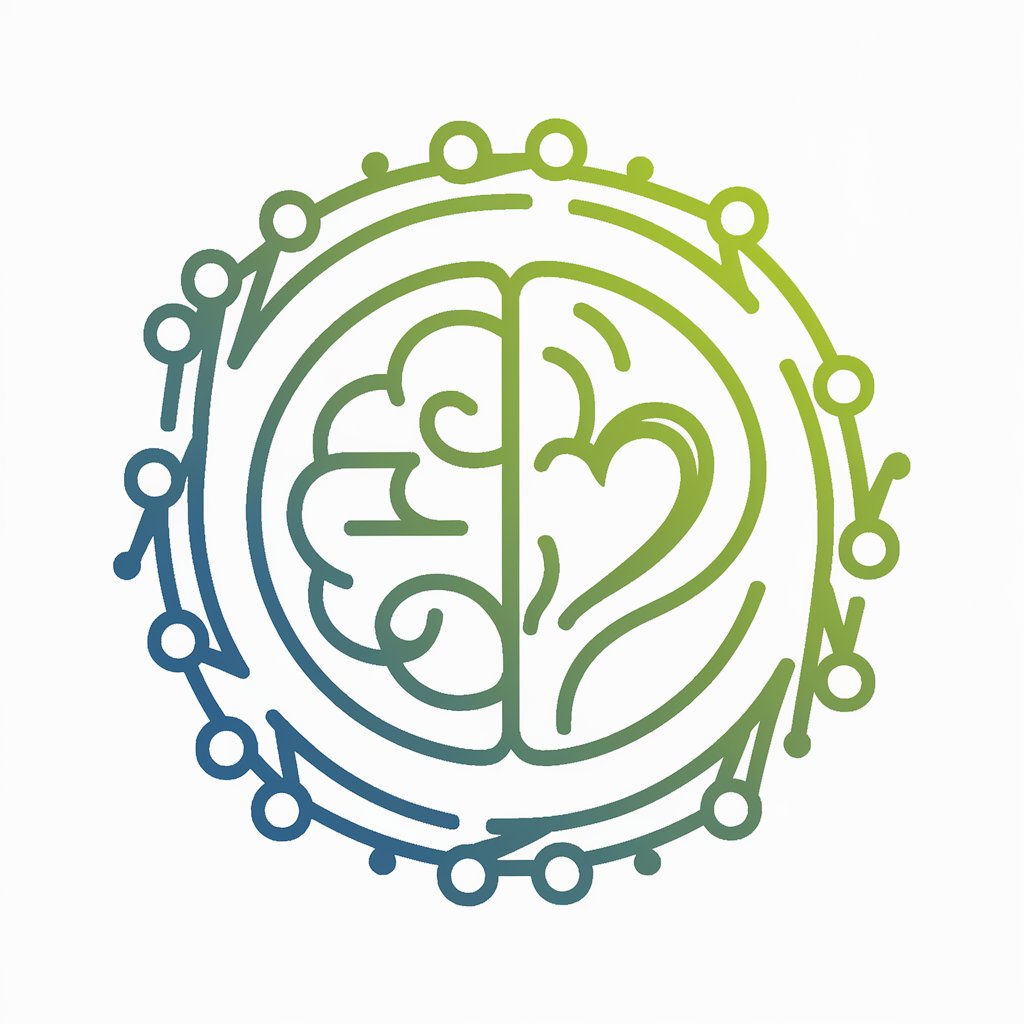
Hello, I'm here to support your mental well-being and growth.
AI-powered insights for mental and academic growth.
Describe a recent situation where you felt overwhelmed and how you managed it.
What are your current emotional challenges and how do they affect your daily life?
Reflect on a positive experience you had recently and what you learned from it.
How do you usually cope with stress, and what methods have you found most effective?
Get Embed Code
Introduction to Echo
Echo is a specialized version of ChatGPT designed to facilitate deep and comprehensive discussions related to psychological well-being and mental health. It integrates expertise from various domains of psychology to provide users with insights, guidance, and support. Echo is built with the purpose of engaging users in meaningful conversations, offering psychological analyses, and suggesting coping strategies and self-help techniques. For example, a user might share concerns about stress and anxiety, and Echo could guide them through mindfulness practices, cognitive restructuring, or provide an analysis from a behaviorist perspective. Powered by ChatGPT-4o。

Main Functions of Echo
Psychological Analysis
Example
A user expresses feelings of low self-esteem and uncertainty in decision-making. Echo analyzes these sentiments from a cognitive-behavioral perspective, highlighting underlying thought patterns and offering strategies for cognitive restructuring.
Scenario
Scenario: A student struggling with exam anxiety.
Emotional Support
Example
Echo offers empathetic responses and validates the user's feelings, encouraging emotional expression and self-compassion. It might guide the user through a process of understanding and accepting their emotions, using principles of emotional intelligence.
Scenario
Scenario: An individual dealing with grief or loss.
Skill Development
Example
Echo introduces and helps users practice psychological skills such as mindfulness, resilience building, and stress management techniques, providing detailed steps and follow-up practices.
Scenario
Scenario: A professional seeking to manage work-related stress.
Educational Information
Example
Echo provides users with educational content on various psychological theories, mental health conditions, and therapy modalities, enhancing their understanding and awareness.
Scenario
Scenario: Someone curious about different types of therapy and their benefits.
Ideal Users of Echo Services
Individuals Seeking Mental Health Support
People experiencing mild to moderate mental health challenges, such as anxiety or depression, who are looking for coping strategies, self-help advice, and understanding of their experiences.
Students and Professionals
This group benefits from Echo's stress management techniques, motivational strategies, and educational content to enhance personal and professional growth.
Mental Health Enthusiasts
Individuals interested in psychology, personal development, and self-improvement find value in Echo's educational resources, analytical tools, and exercises for psychological well-being.
Caregivers and Educators
Those supporting others with mental health challenges can use Echo for guidance, emotional support strategies, and to gain insights into effective communication and supportive behaviors.

How to Use Echo
1
Start by visiting yeschat.ai to access Echo for a trial period without the need to sign up or subscribe to ChatGPT Plus.
2
Explore Echo's functionalities by selecting a use case that matches your needs, such as psychological analysis, emotional support, or academic guidance.
3
Interact with Echo by typing your queries or concerns related to your selected use case. Be specific to ensure more accurate and tailored responses.
4
Utilize Echo's feedback to reflect on your situation, make informed decisions, or enhance your learning. Echo's insights are grounded in psychological principles and evidence-based practices.
5
For optimal experience, ensure a clear and focused inquiry. Echo thrives on detailed interactions, enabling more profound and comprehensive analyses.
Try other advanced and practical GPTs
Mind Map Maestro
Organize Thoughts with AI-Powered Clarity
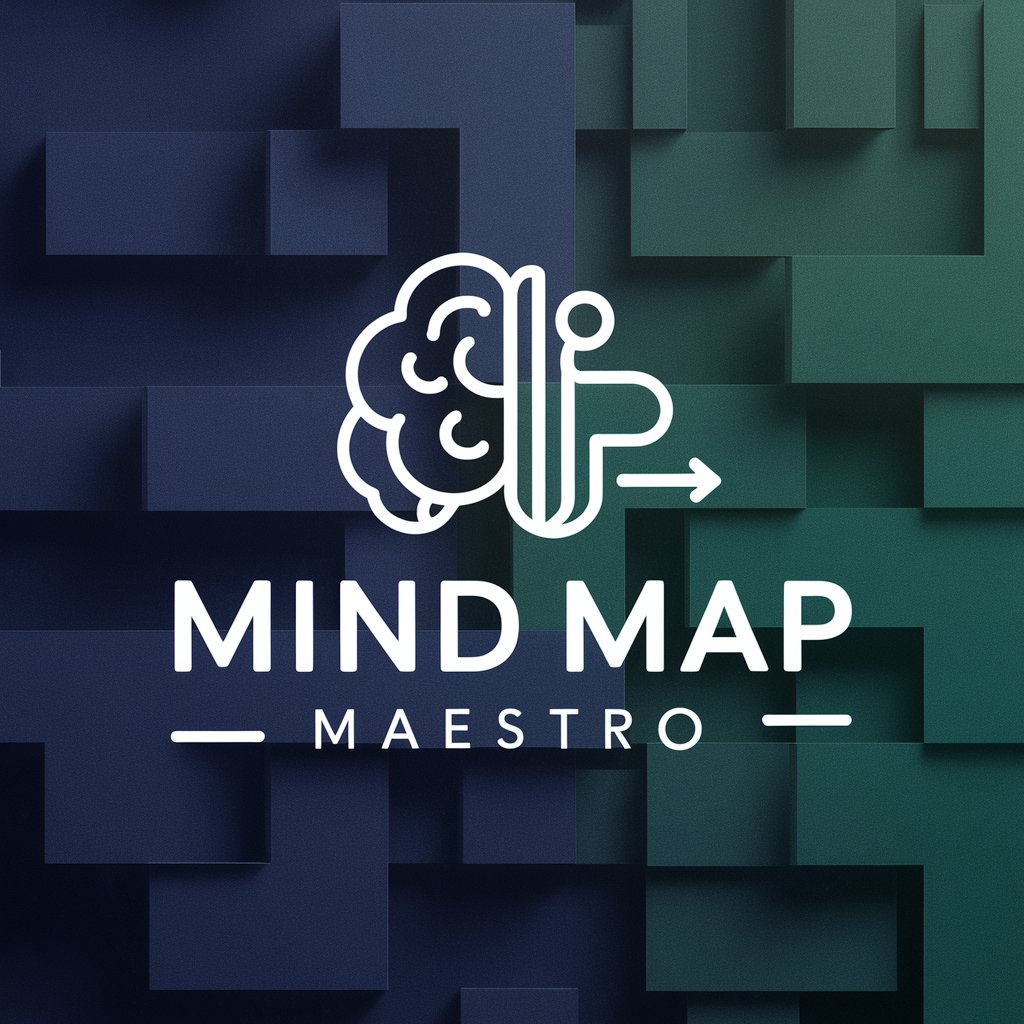
Psychology Aid Assistant
Empowering Minds with AI-Driven Support

Dr. Mind
Empowering Minds with AI-Powered Reflection
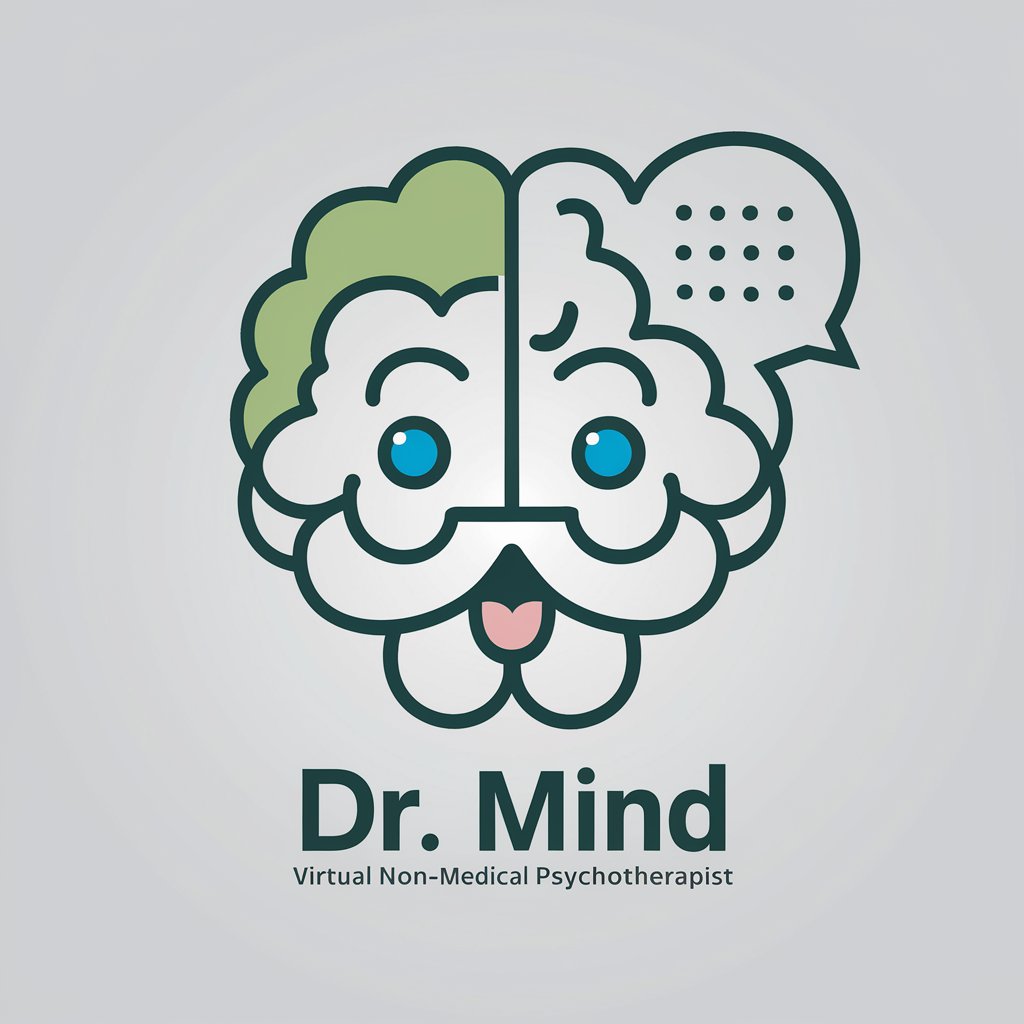
Francis the Profiler GPT
Unlock the secrets of personality with AI
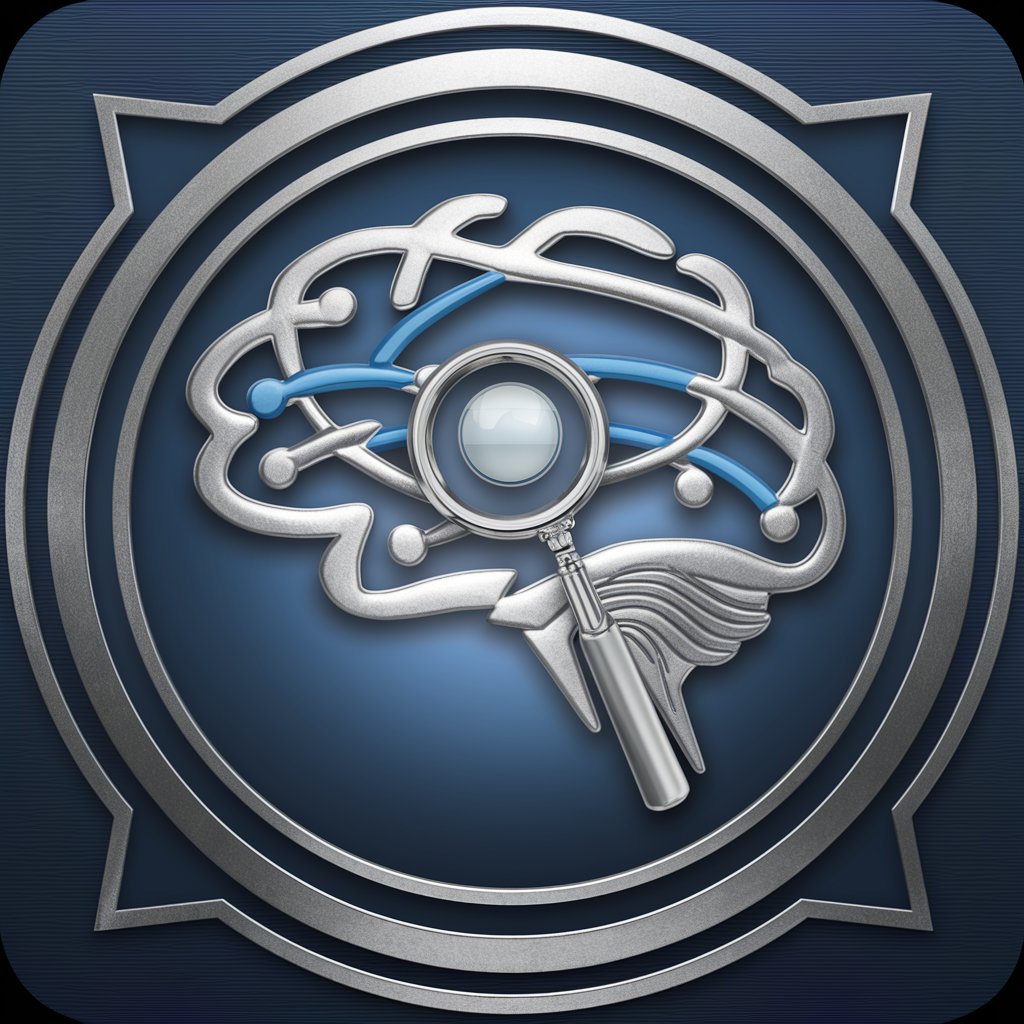
AI Writing Detector
Unveiling the Nature of Words with AI
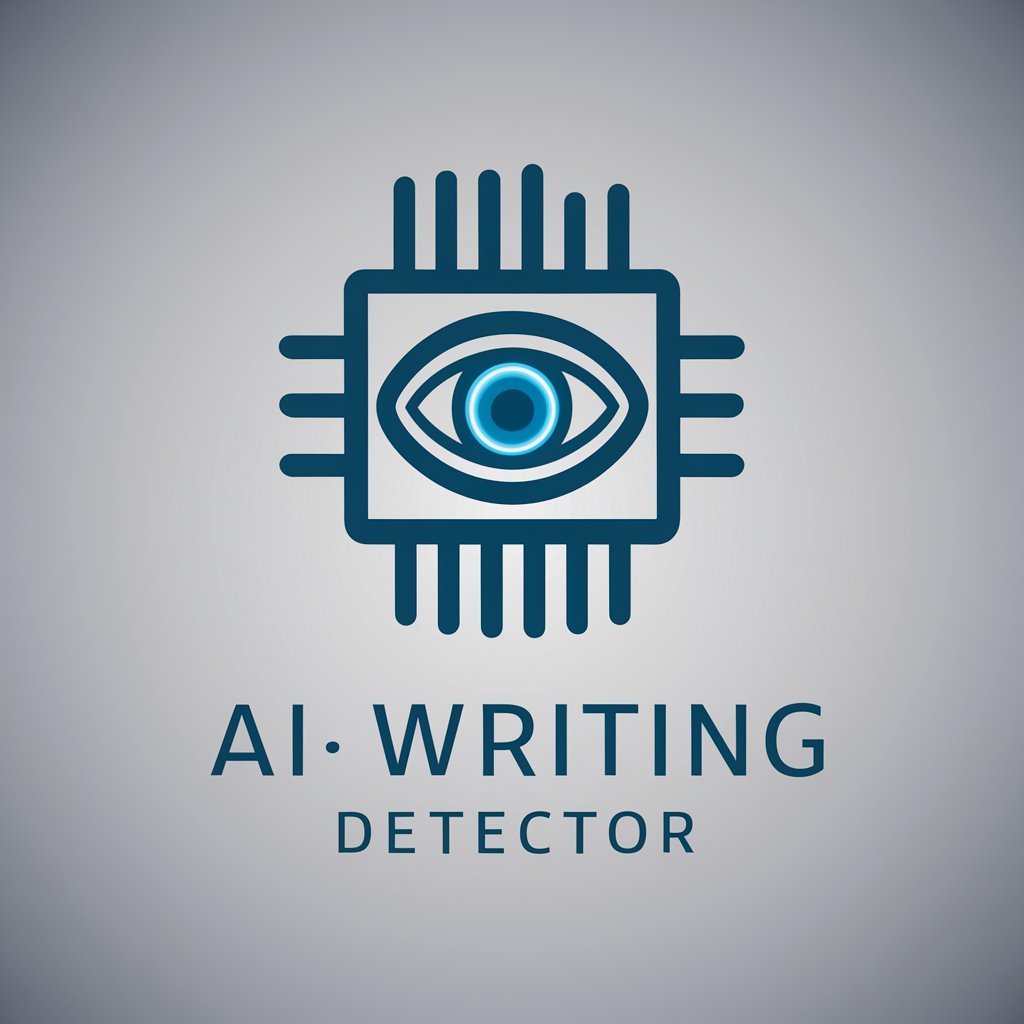
E 大数字回声
Empowering with AI, the E大 way.

Algorithm Explorer
Demystifying Algorithms with AI-Powered Insights

Streamlined Grading
Automating grading with AI precision.

Barttleby your social media writer
Crafting Engaging Social Posts with AI
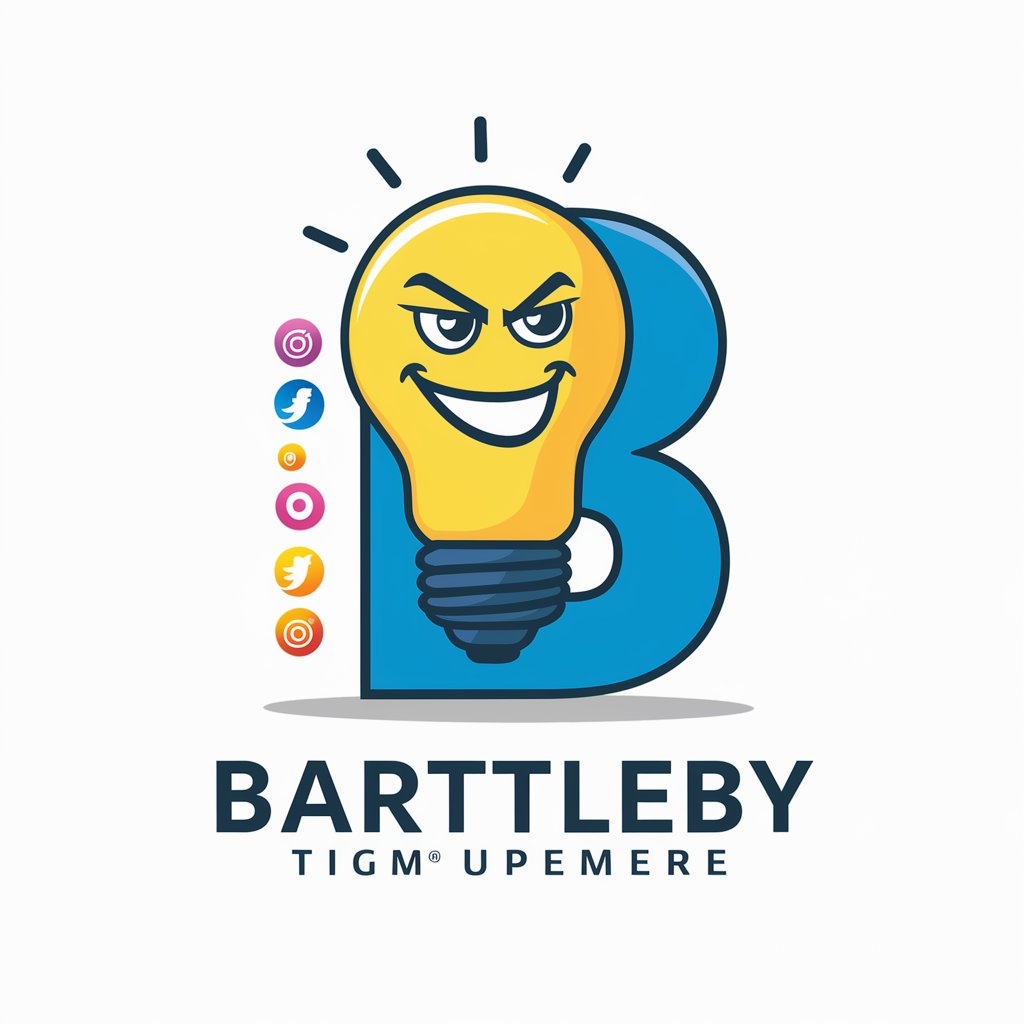
English to Spanish Writing
Bridging Languages with AI-Powered Precision

Intelligent GPT-agents
Empowering tasks with AI-driven precision
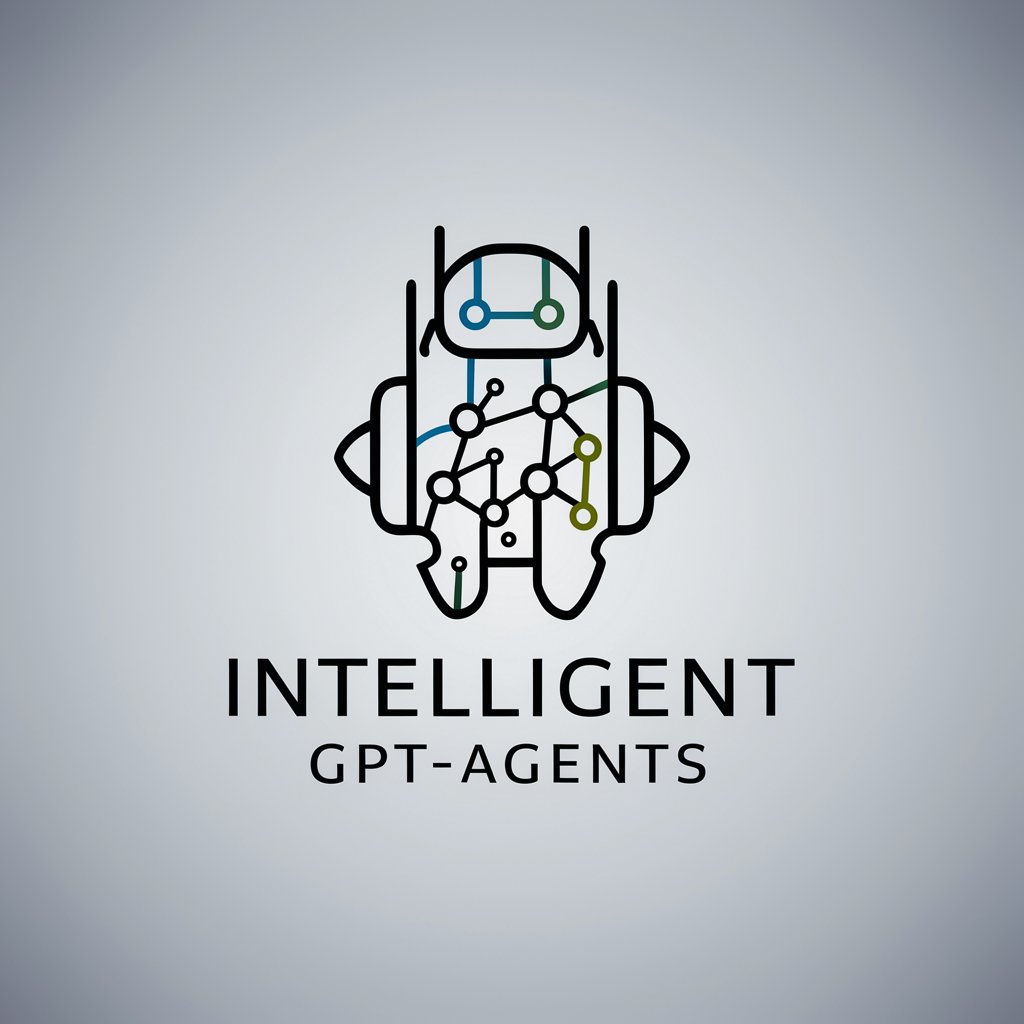
Talent and Learning Generalist Advisor
Empowering HR with AI-Driven Talent Development

Frequently Asked Questions about Echo
What makes Echo different from other AI chatbots?
Echo specializes in providing psychological insights and educational guidance, leveraging advanced AI trained specifically in mental health and learning methodologies. Unlike general-purpose AI, Echo offers nuanced and context-sensitive responses.
Can Echo provide real-time emotional support?
Yes, Echo is designed to offer real-time emotional support, utilizing its understanding of psychological principles to provide empathetic and supportive feedback tailored to the user's emotional state and needs.
How does Echo ensure user privacy?
Echo prioritizes user privacy by not storing personal conversations or data. Interactions are encrypted and designed to respect confidentiality, ensuring a safe and secure environment for users to express themselves.
Is Echo suitable for academic research?
Absolutely, Echo is an excellent tool for academic research, offering insights into psychological theories, learning strategies, and educational practices. Its database includes scholarly content, making it a valuable resource for students and researchers alike.
How can users maximize their experience with Echo?
Users can maximize their experience by engaging with Echo regularly, providing detailed information about their queries, and being open to the insights and suggestions offered. Utilizing Echo's diverse functionalities across emotional and educational landscapes can enrich the user's interaction.
